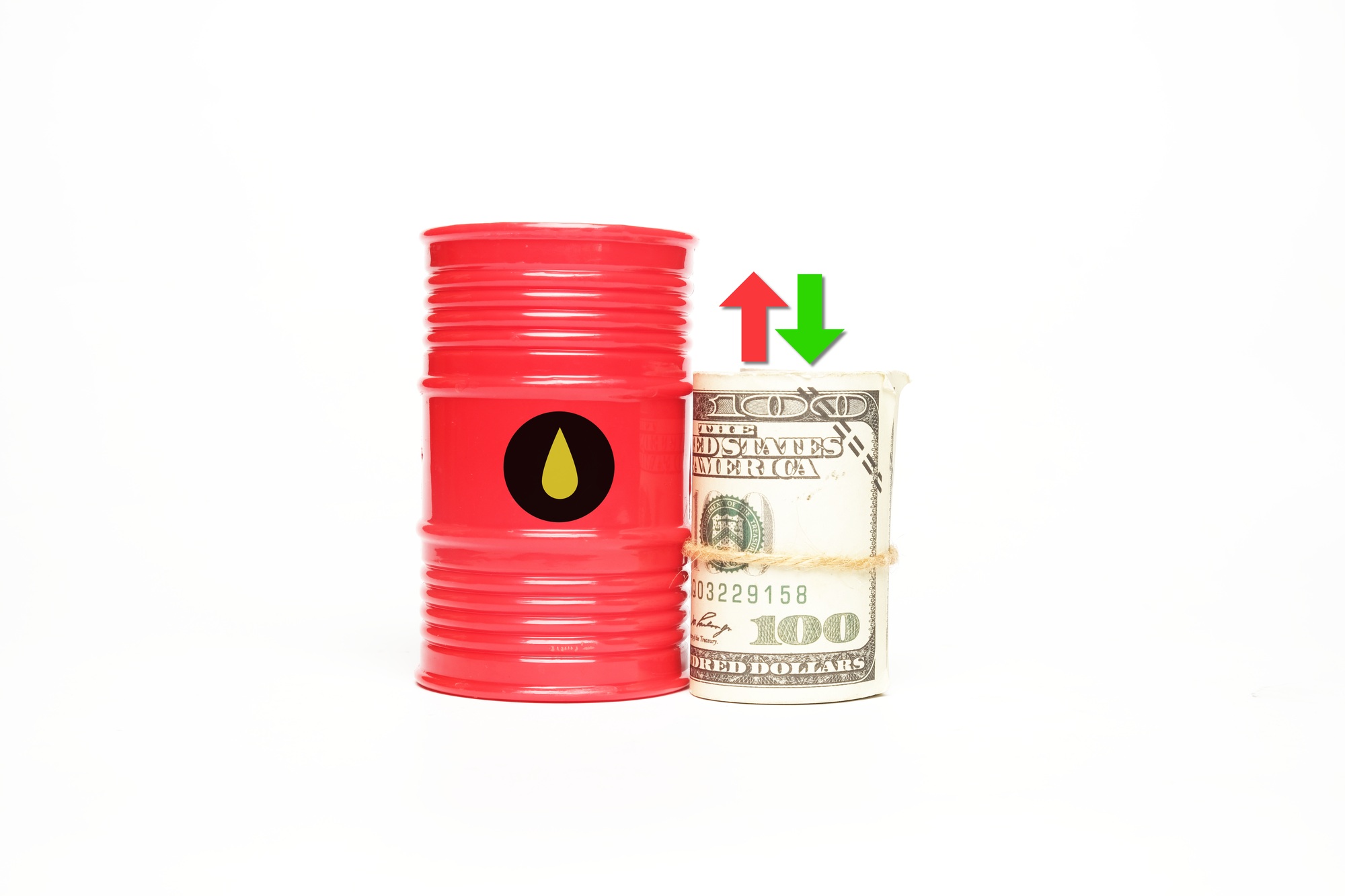Global financial markets are experiencing a cautious outlook today as major indexes are expected to open with modest losses following recent geopolitical tensions involving the United States and Iran. The Dow Jones Industrial Average, S&P 500, and Nasdaq Composite are all projected to decline slightly, reflecting investor apprehension about escalating conflicts in the Middle East. This downturn comes amidst heightened geopolitical risks that have led to volatility across equities and commodities.
Over the past few weeks, the stock market has displayed resilience despite various uncertainties, including inflation concerns, monetary policy shifts, and global geopolitical tensions. However, the recent military strike ordered by the U.S. has added a new layer of uncertainty, prompting investors to reassess risk levels and safe-haven assets.
The specific event triggering the market’s cautious stance is the U.S. bombing of Iran, which has heightened fears of wider regional conflict. This military action was in response to perceived threats or attacks attributed to Iran, and it has sent ripples through the financial markets. Oil prices initially spiked due to fears of supply disruptions but have since eased as markets digest the news and assess the potential for escalation.
Energy markets reacted swiftly, with crude oil prices experiencing an initial spike, reflecting concerns over potential supply constraints in the Middle East, a region vital for global oil production. However, as geopolitical tensions appeared to stabilize temporarily, oil prices have started to retreat from their peak, offering some relief to consumers and industry stakeholders.
Investors are now weighing the potential longer-term implications of this military action. While some analysts suggest that the market’s decline may be limited, others warn of increased volatility and the possibility of further disruptions if tensions escalate. Market participants are closely monitoring developments in the region, upcoming economic data releases, and corporate earnings reports for cues on future market direction.
Expert opinions vary, with some market strategists emphasizing the importance of diversification and risk management in the current environment. The focus remains on geopolitical developments, as well as the Federal Reserve’s stance on interest rates, which continue to influence market sentiment.
Looking ahead, investors should keep an eye on key upcoming events, including geopolitical updates, economic data releases, and corporate earnings reports, to gauge the market’s trajectory and adjust their strategies accordingly.
What is the main reason for the market’s decline today?
The market decline is mainly due to concerns over escalating tensions following the U.S. military strike against Iran, which has increased geopolitical risks.
How did oil prices react to the recent events?
Oil prices initially surged on fears of supply disruptions but have since eased as tensions appeared to stabilize temporarily.
What should investors watch for moving forward?
Investors should monitor geopolitical developments, economic data, and corporate earnings, as these factors will influence market stability and direction.








